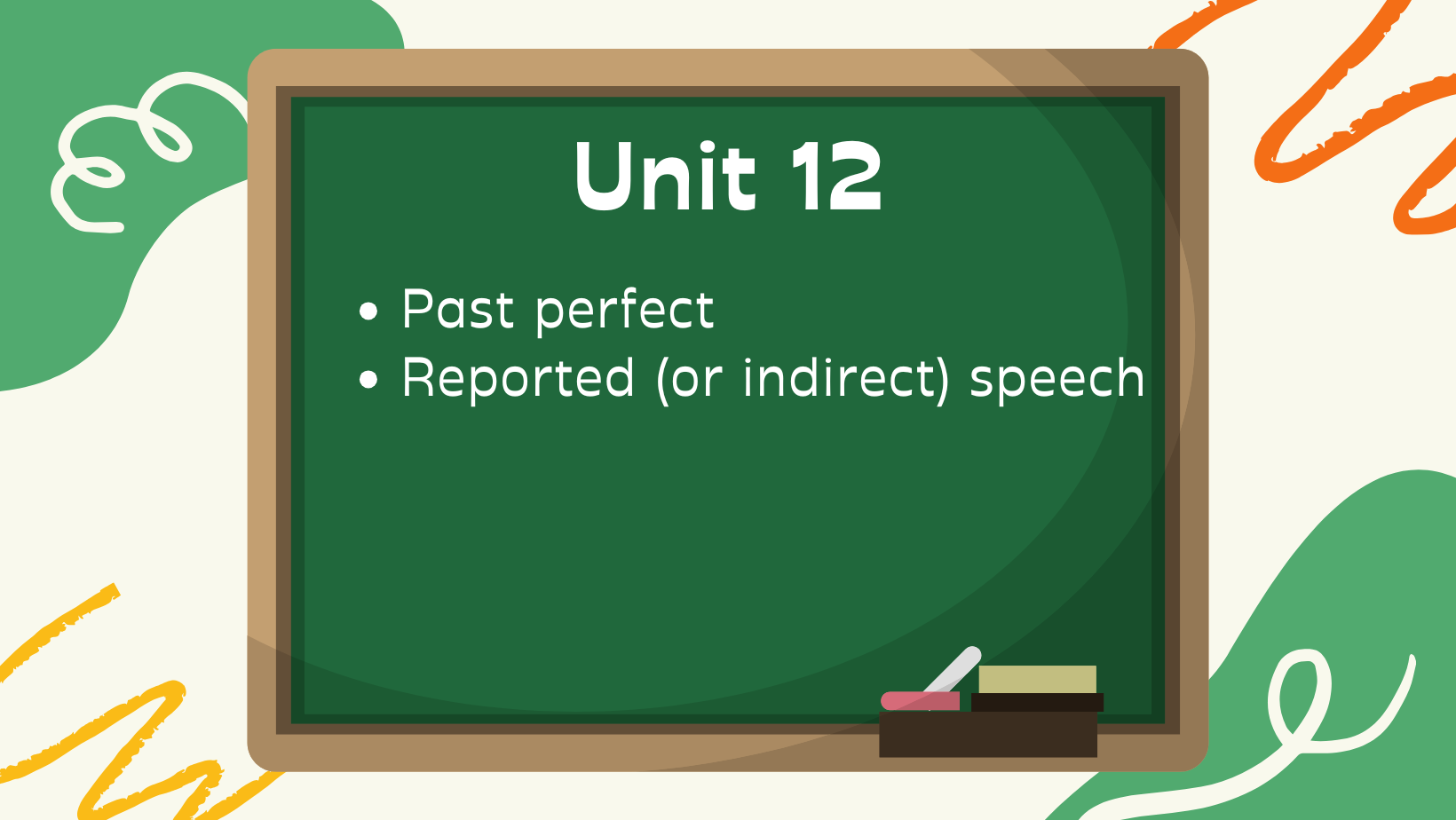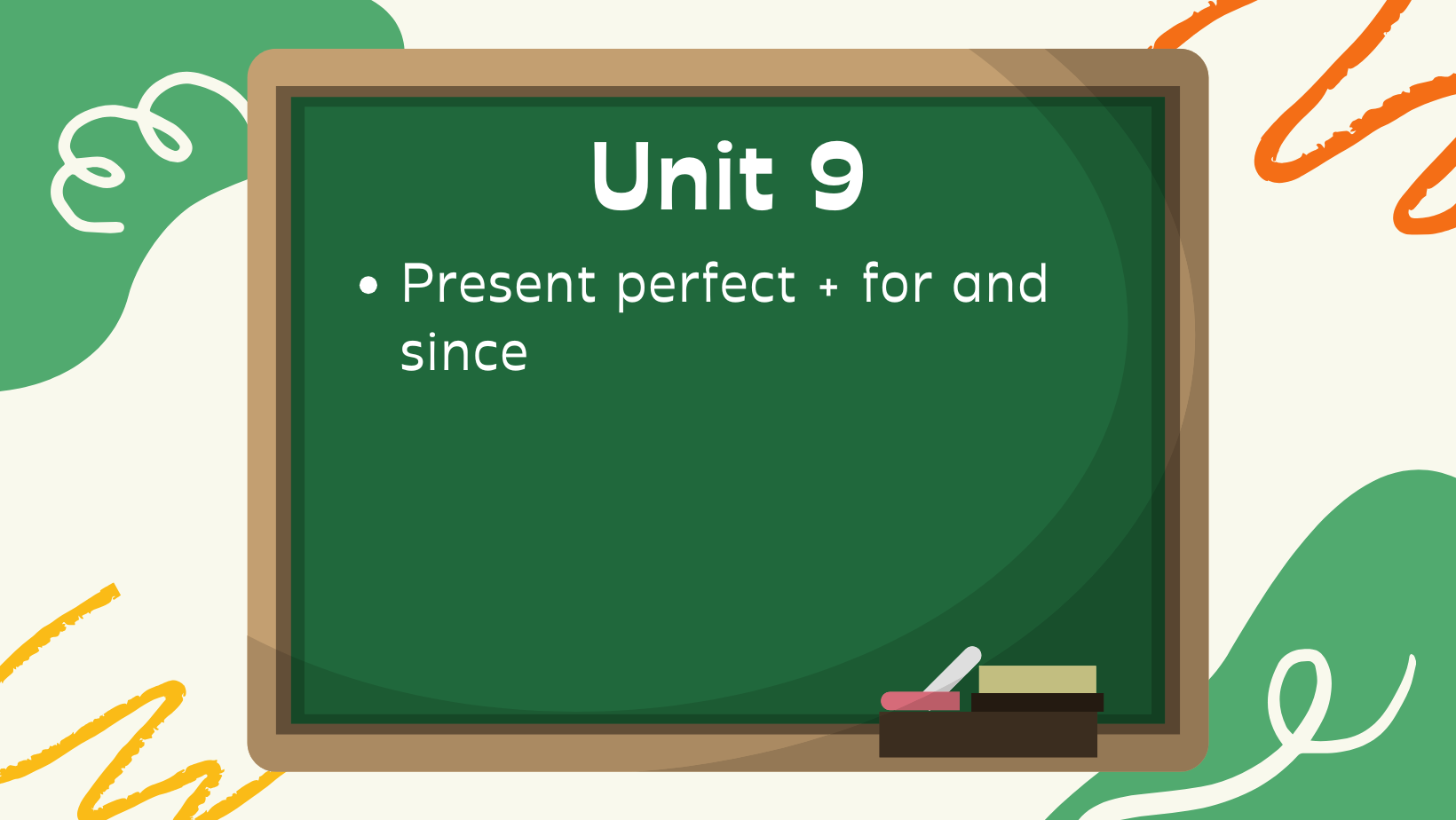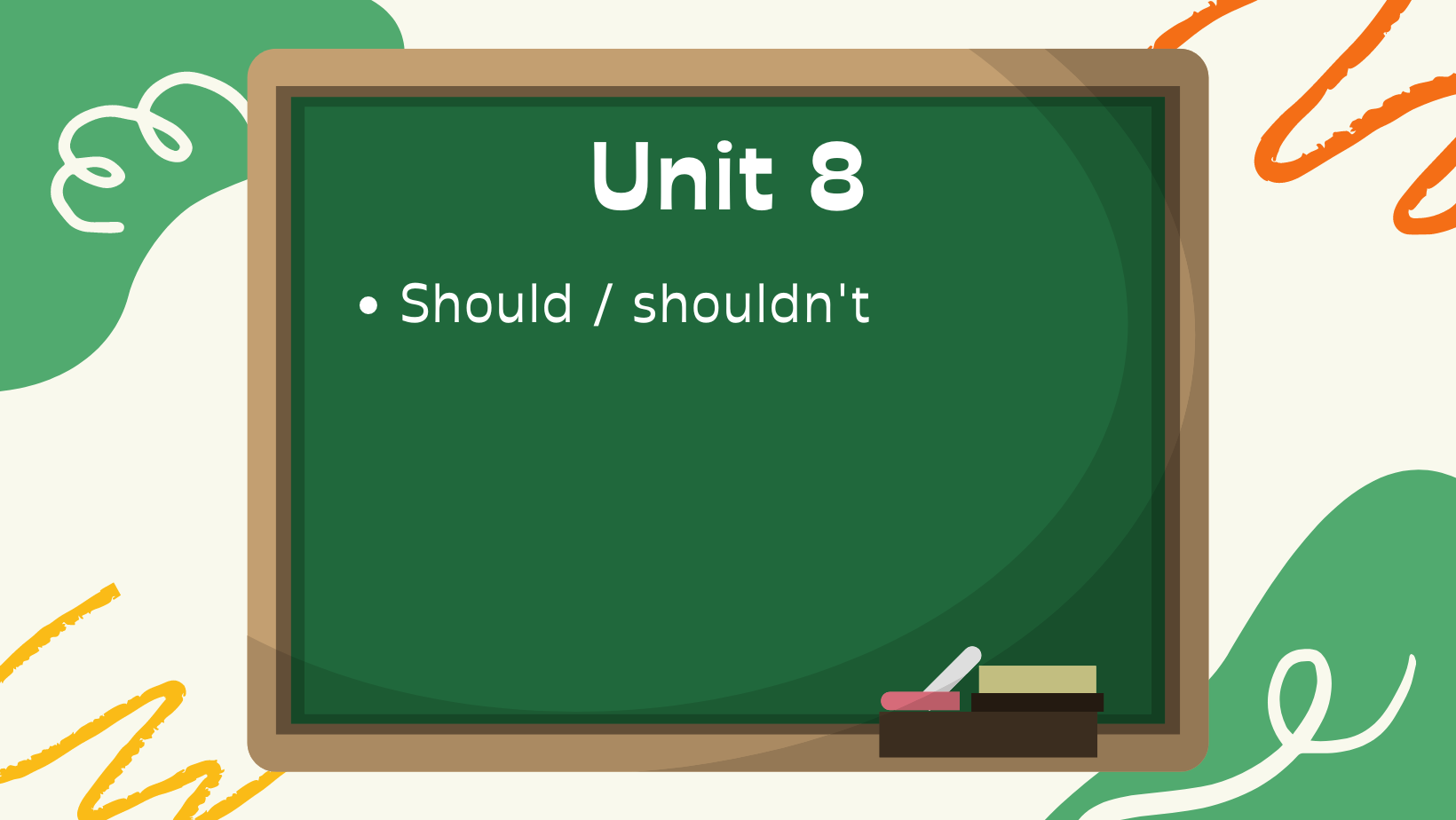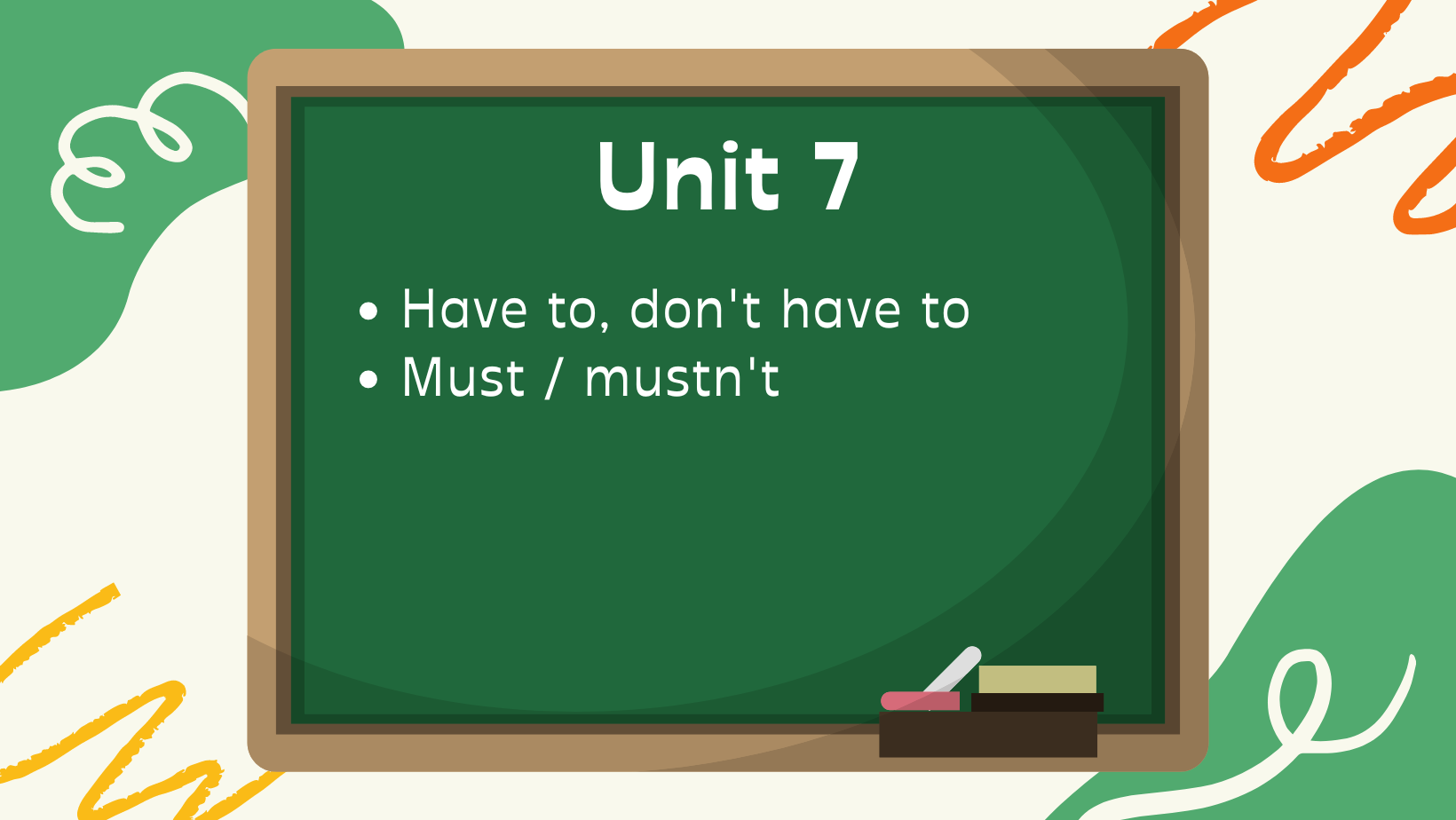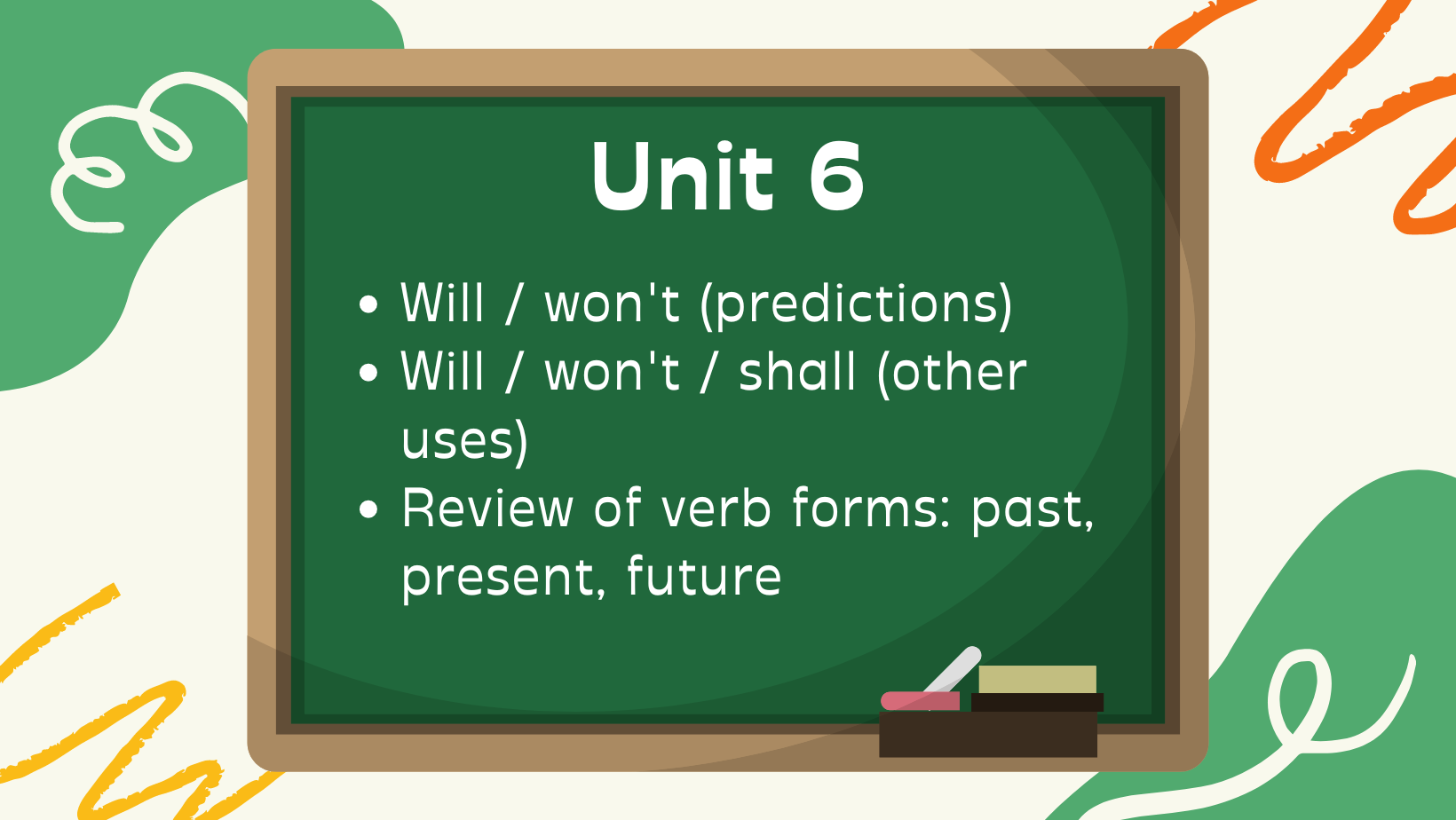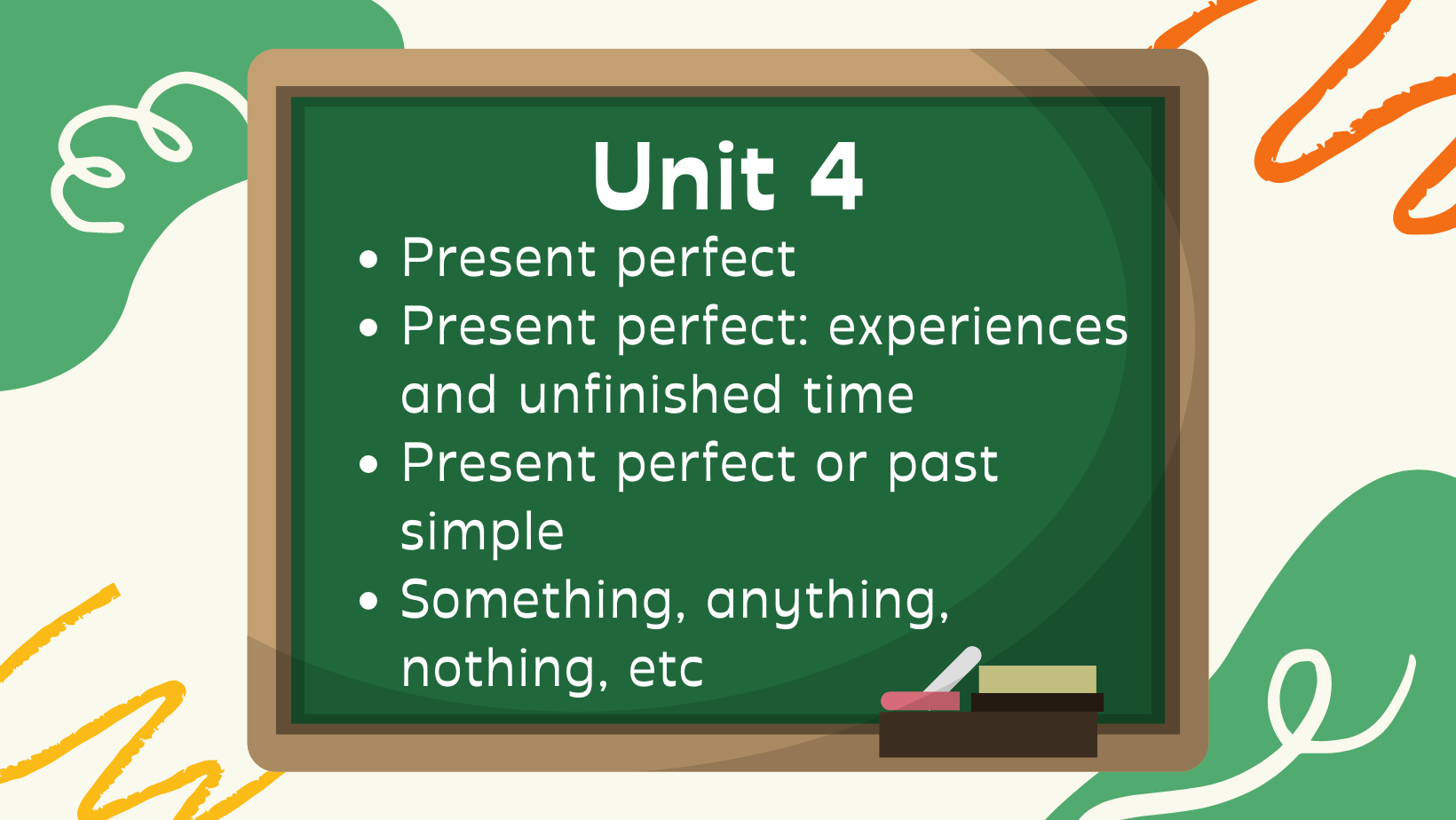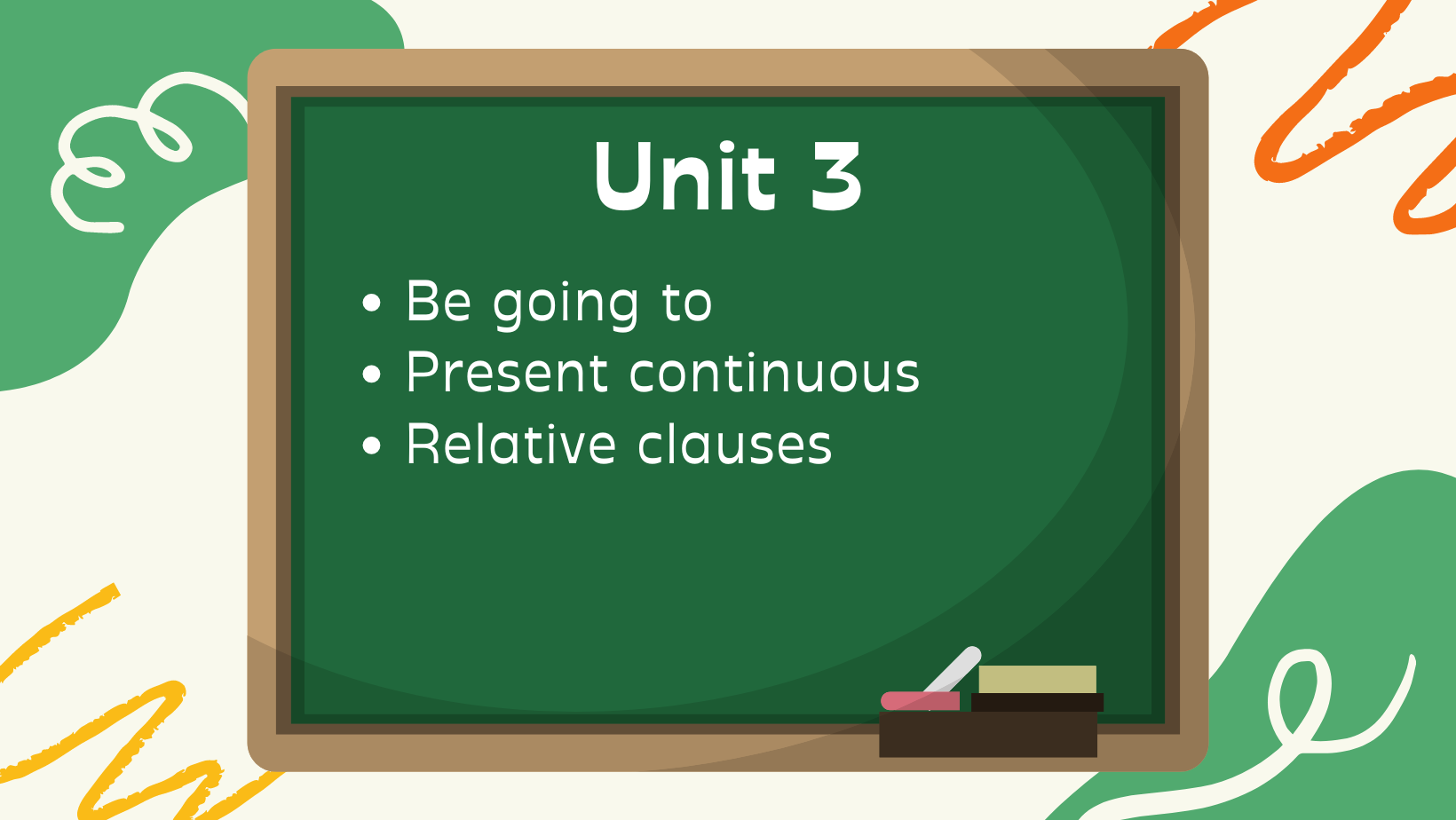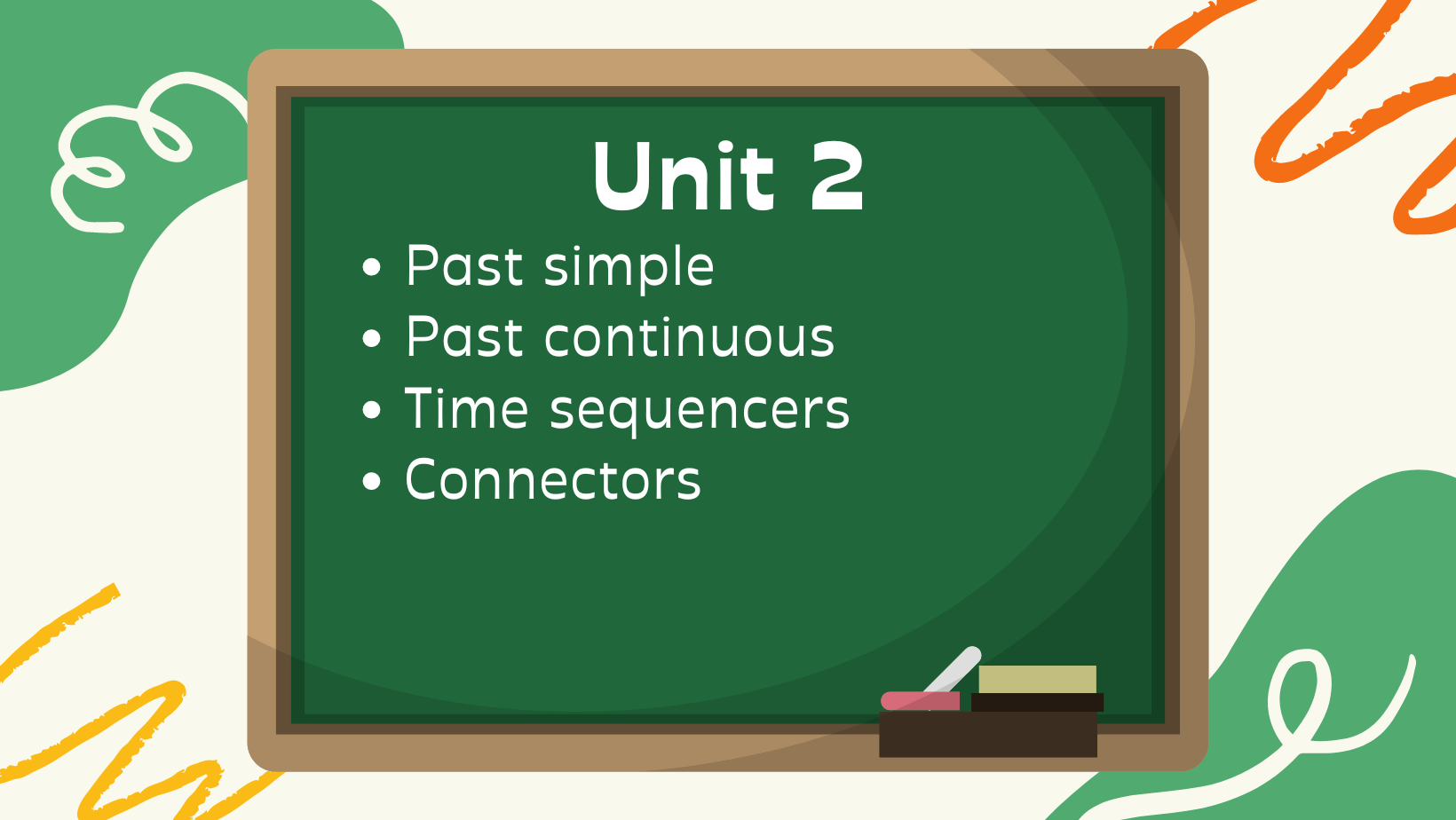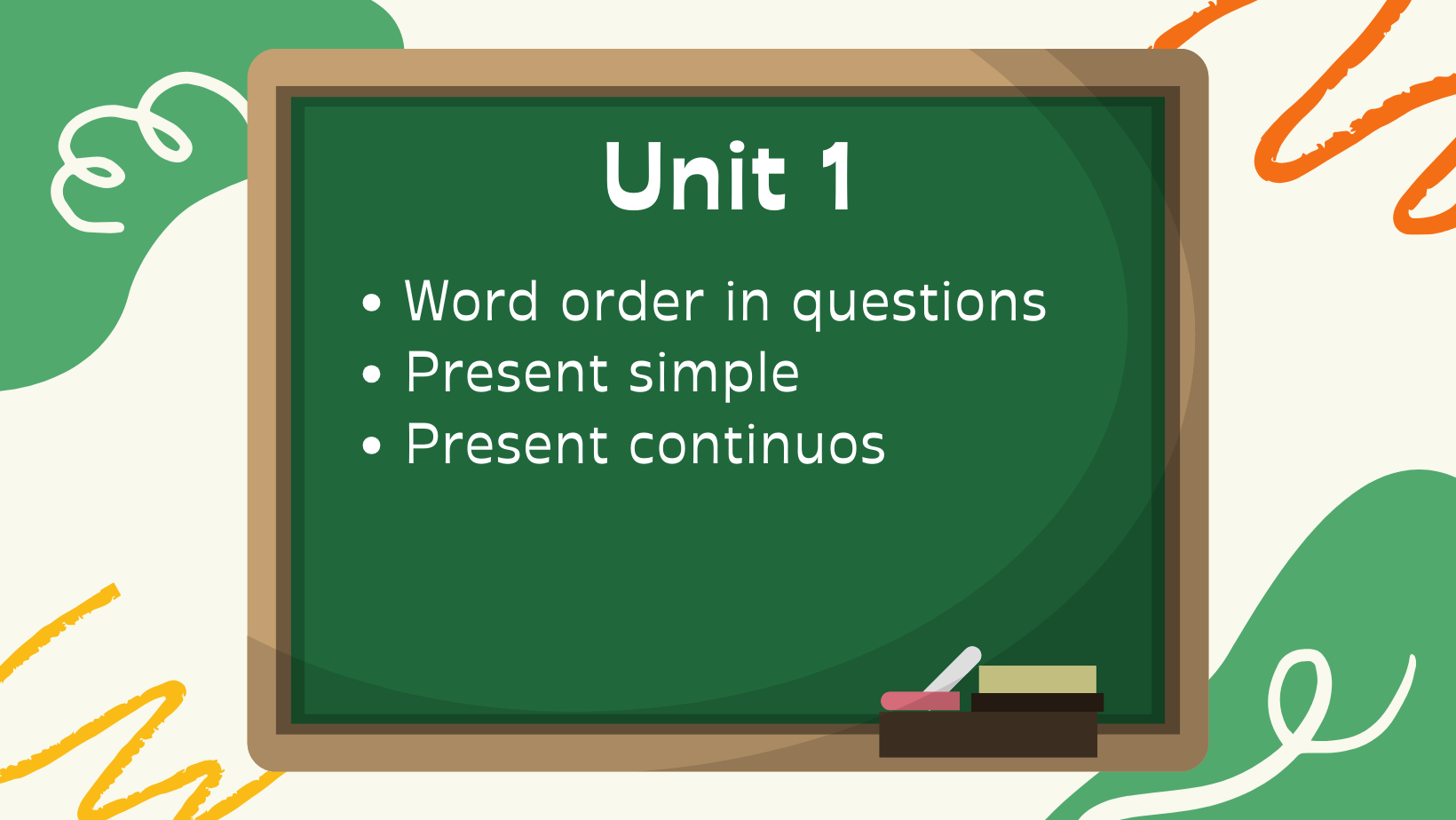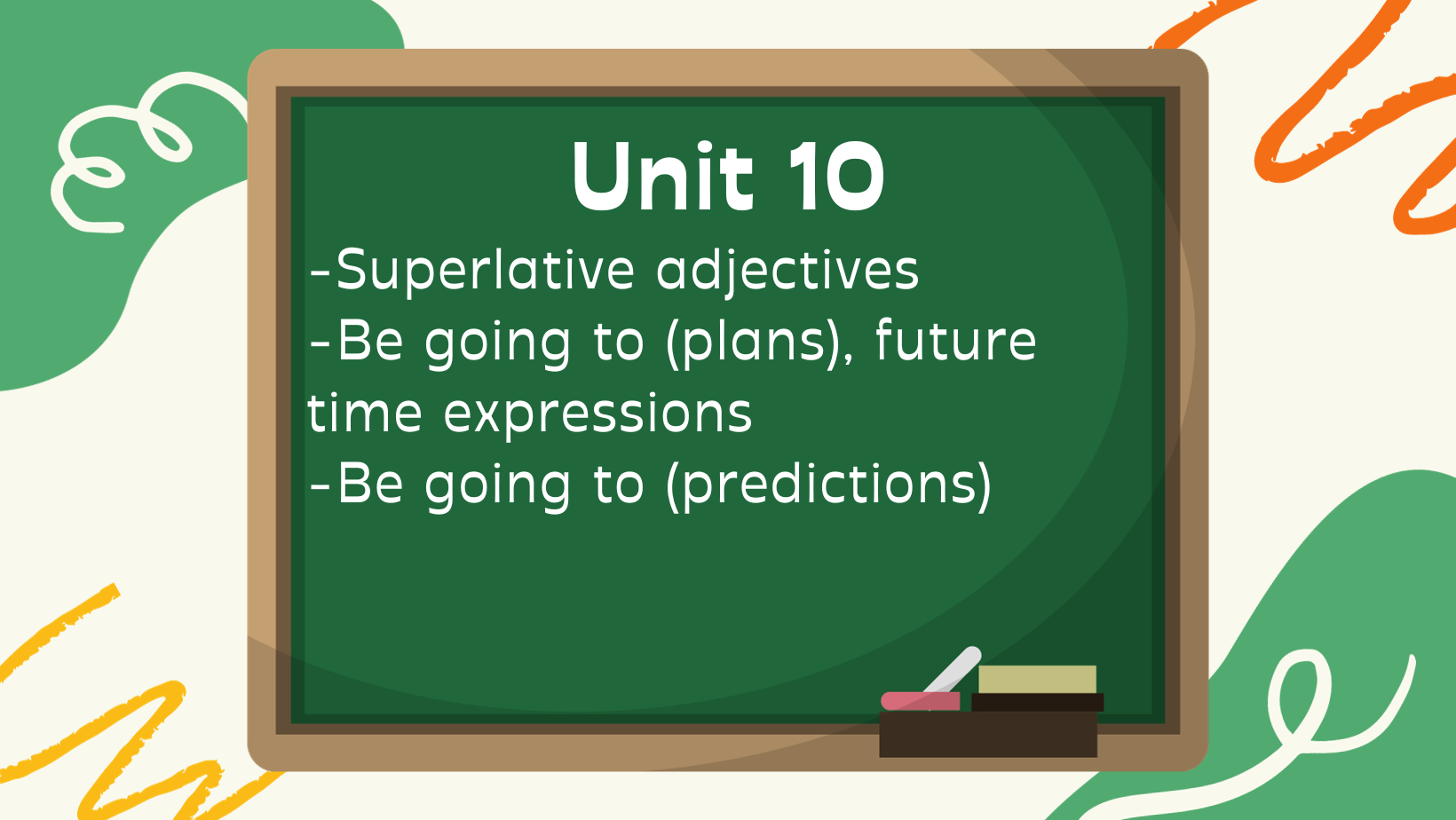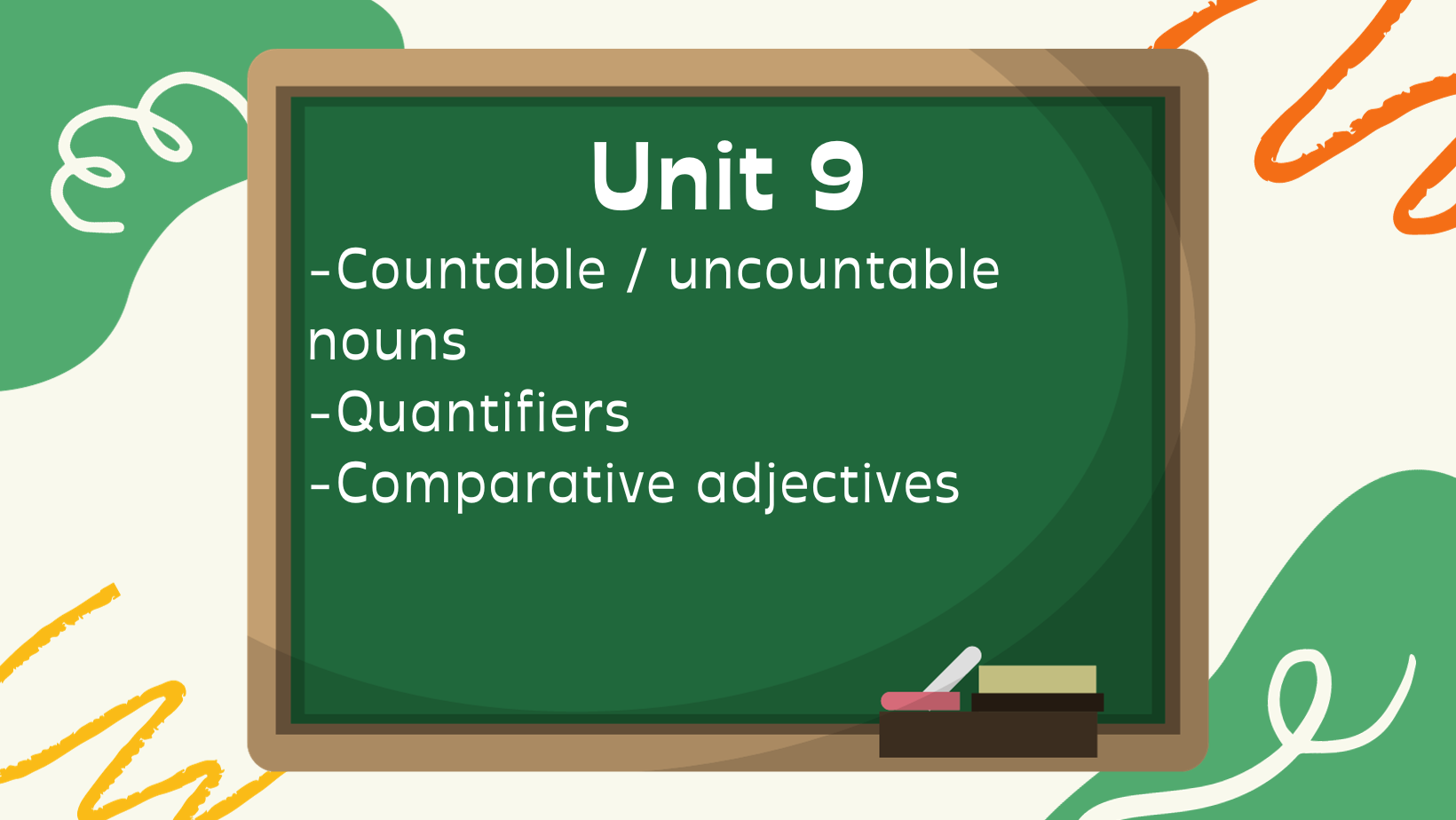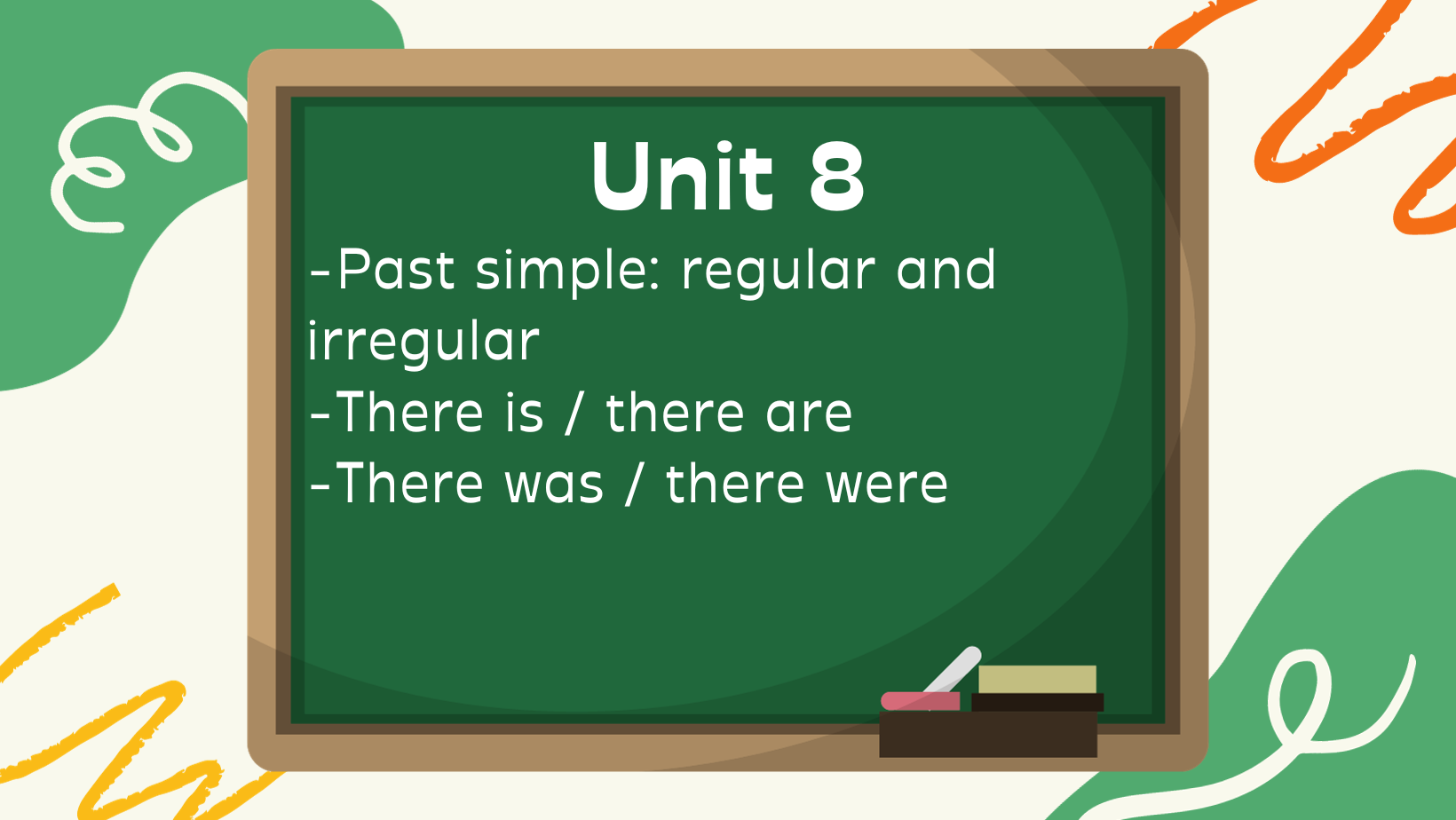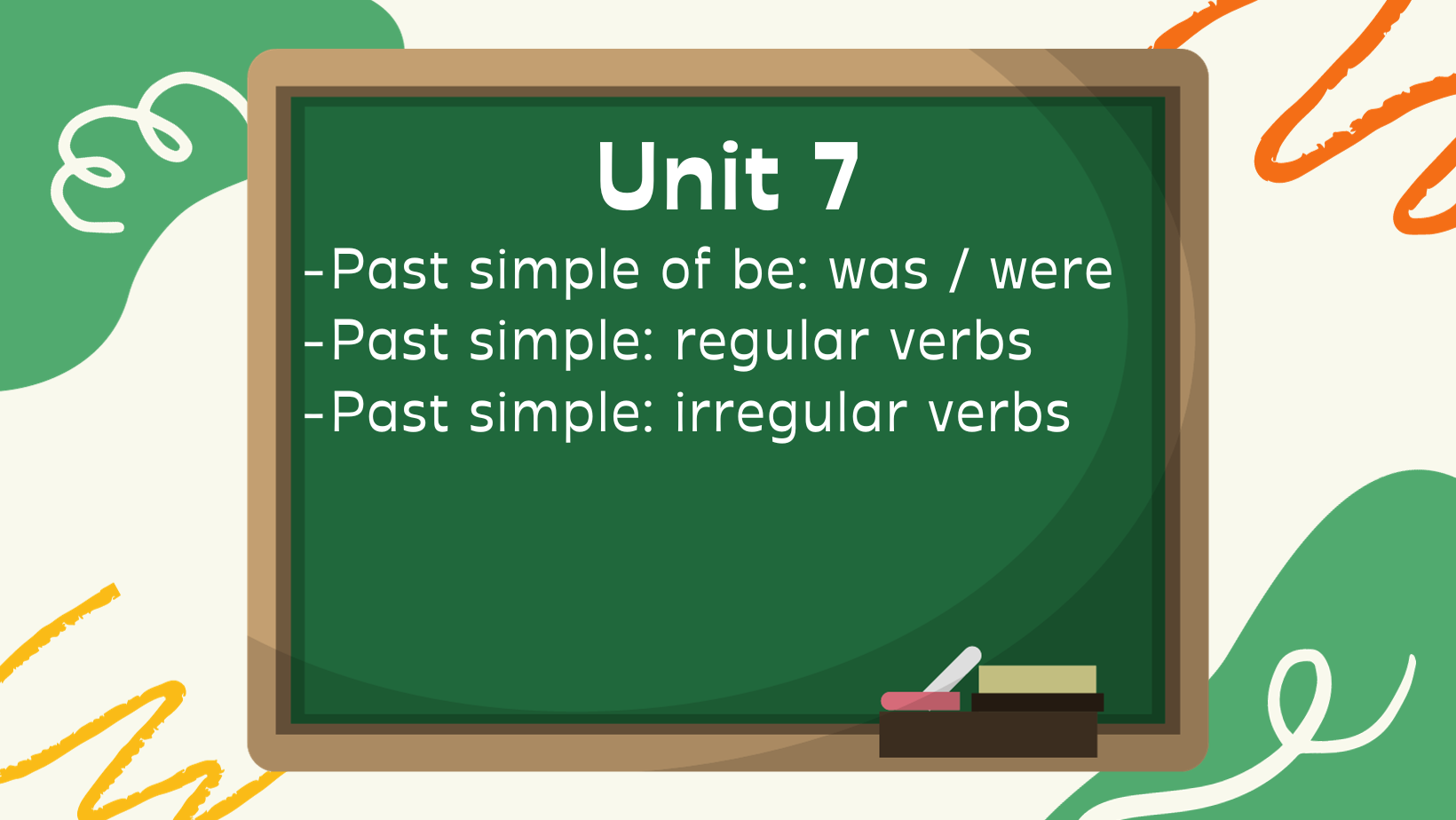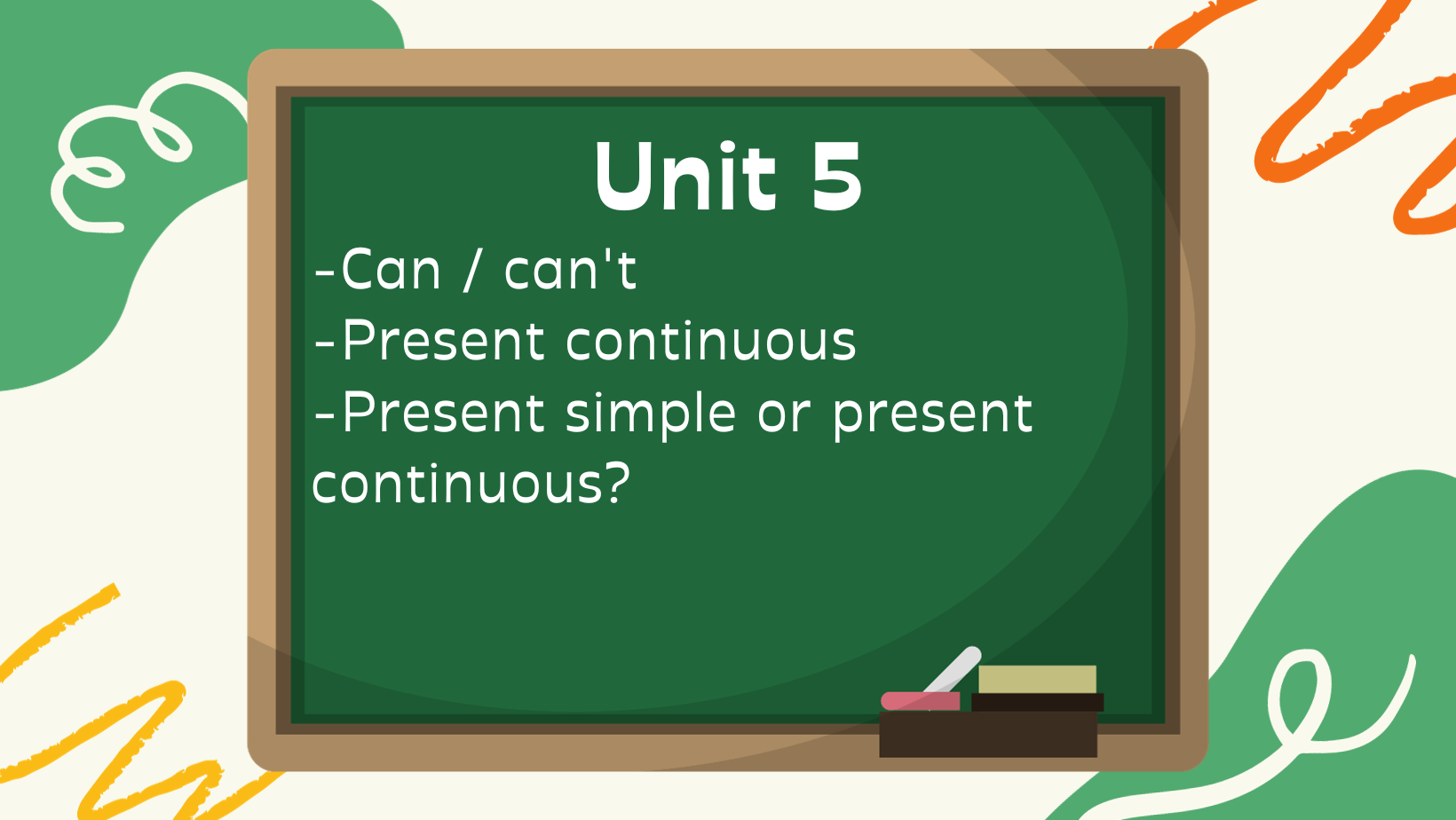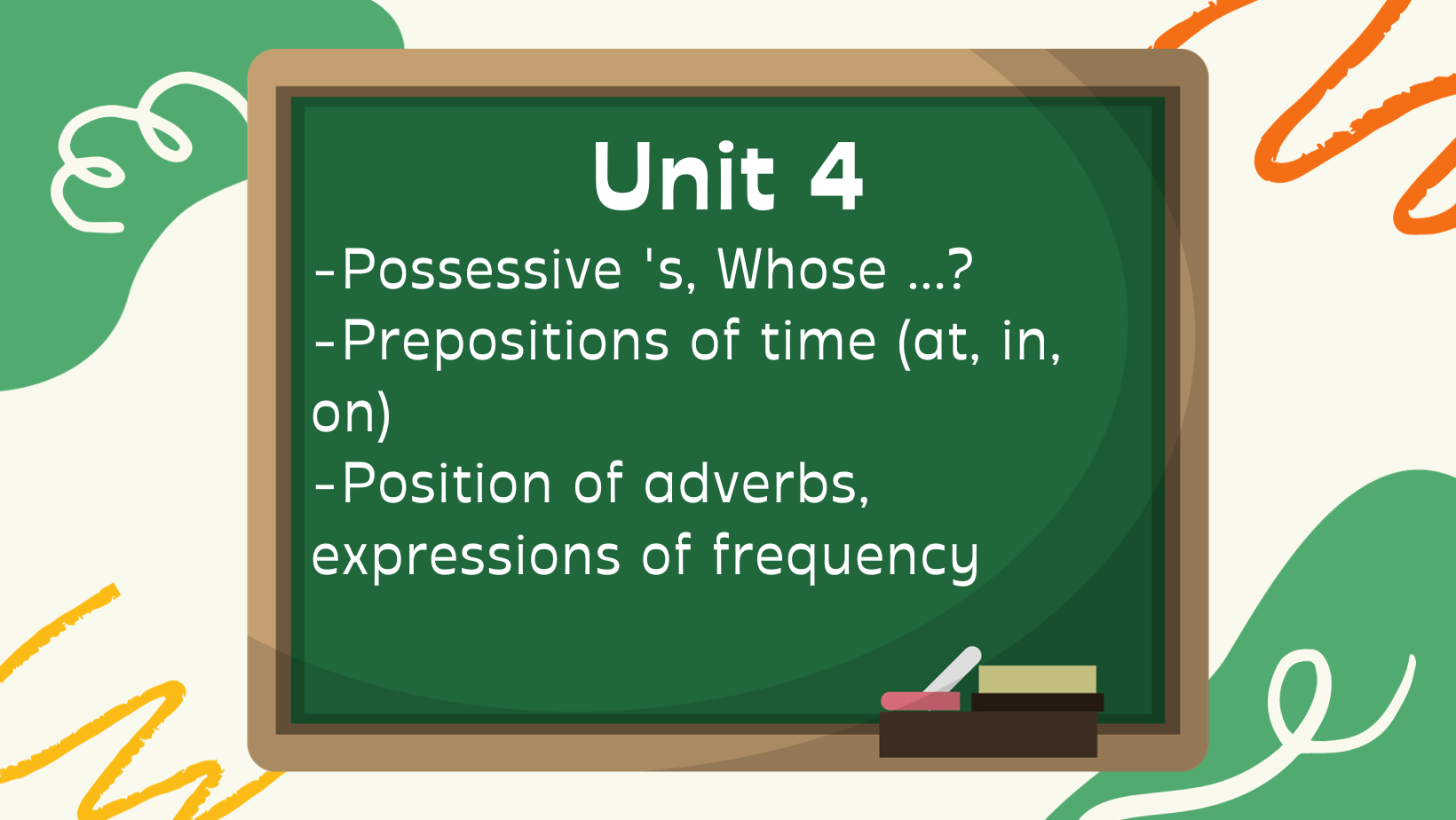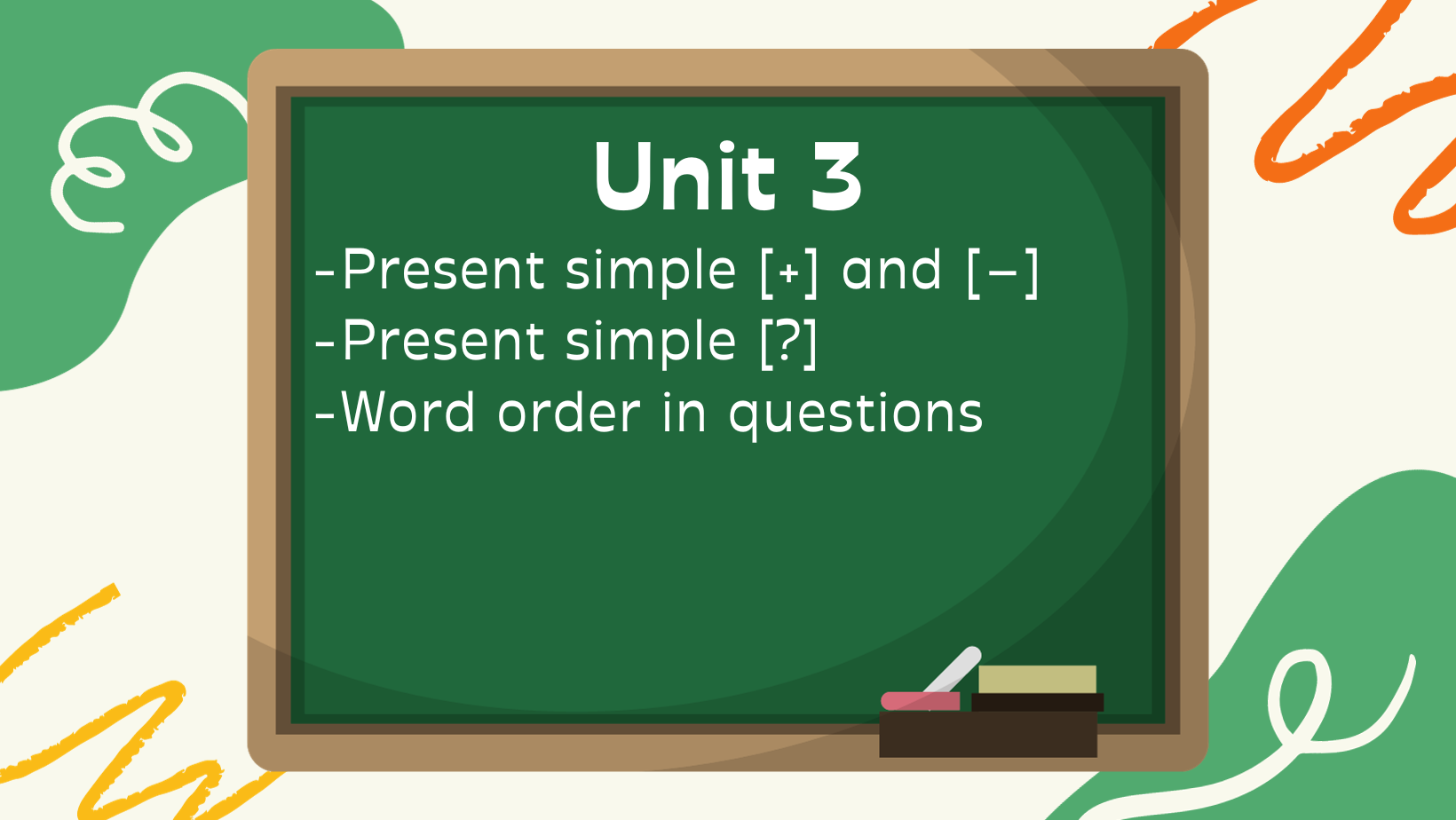Unit 6
Object pronouns
EXAMPLES
subject pronoun > object pronoun (example)
I > me (Can you help me?)
you > you (I love you.)
he > him (She doesn't love him.)
she > her (He phones her every day.)
it > it (I don't like it.)
we > us (Wait for us!)
they > them (Please help them.)
FORM
- Pronouns take the place of nouns.
- We use subject pronouns when the noun is the subject of the verb (i.e. the person who does the action).
John is a doctor. He lives in London. - We use object pronouns when the noun is the object of the verb (i.e. the person who receives the action).
Anna knows John. She sees him every week. - Object pronouns go after the verb.
I love you. NOT I you love.
Like + verb + -ing
EXAMPLES
[++] I love shopping.
[+] I like going to the cinema.
[+/–] I don't mind getting up early.
[–] I don't like doing housework.
[––] I hate driving at night.
FORM
- We use verb + -ing after like, love, don't mind and hate.
- We can also use verb + -ing after enjoy and prefer.
I enjoy watching football on TV, but I prefer being there.
Be or do?
be
EXAMPLES
- Hi, I'm Jim.
She isn't very friendly.
Are you Hungarian? - I can't talk. I'm driving.
They aren't working today.
Is it raining?
FORM
- We use be as a main verb.
- We also use be to form the present continuous. Be here is an auxiliary verb.
- Remember to invert be and the subject to make questions. He's Spanish. Is he Spanish?
do / does
EXAMPLES
- I'm doing my homework.
Do you do your homeowrk regularly? - Do you speak English?
Where do they live?
They don't have children.
Does your sister have a cat?
Where does your father work?
Alan doesn't like jazz.
FORM
- We use do as a main verb.
- We also use do / does to make questions and don't / doesn't to make negatives in the present simple. Do here is an auxiliary verb.
Lessons
